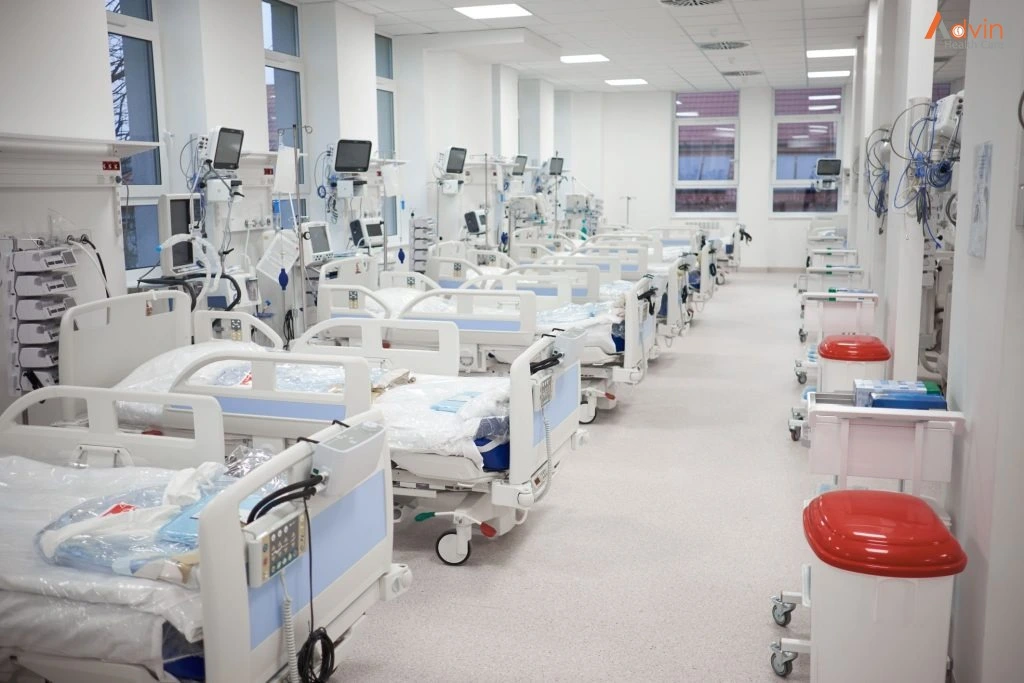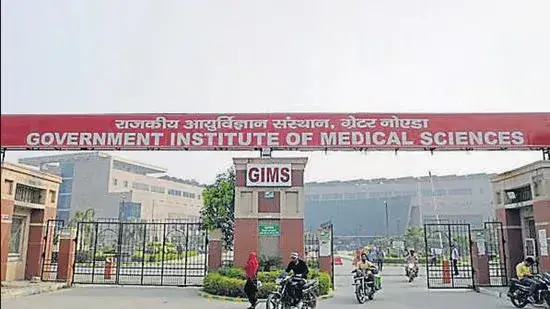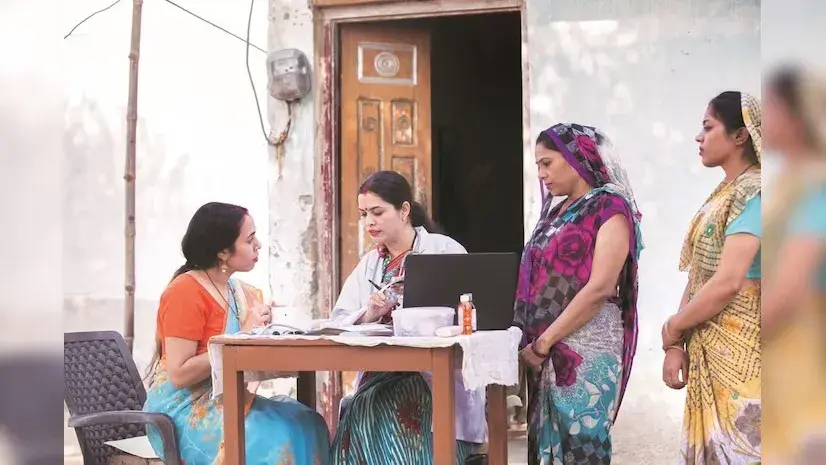Odisha CM Allocates ₹4,479 Crore for Integrated Healthcare Scheme
Bhubaneswar, February 12: Odisha Chief Minister Mohan Charan Majhi has proposed an allocation of ₹4,479 crore for the integrated Ayushman Bharat-PM Jan Arogya Yojana and Gopabandhu Jan Arogya Yojana, aimed at providing affordable and quality healthcare to beneficiaries. The state government has signed an MoU with the Centre to roll out the integrated scheme this year, expanding treatment access to 29,000 empanelled hospitals nationwide, up from the current 900 hospitals, officials said. To address the shortage of medical professionals, the recruitment of over 5,000 doctors is underway, ensuring specialist availability in state-run medical facilities, including remote areas. Key budget allocations include: 🔹 ₹3,881 crore for health infrastructure under the Mukhya Mantri Swasthya Seva Mission (MMSSM) 🔹 ₹420 crore for the Ama Hospital scheme to enhance hospital services 🔹 ₹2,091 crore for free drugs, diagnostics, dialysis, blood services, and ambulances 🔹 ₹211 crore for a comprehensive cancer care plan, emphasizing early detection through advanced screening 🔹 ₹270 crore under the Swasthya Sahaya scheme to tackle diseases, strengthen OPD, public health labs, and research The Ayushman Bharat Digital Mission will receive ₹100 crore to establish a digital health infrastructure, bridging gaps among healthcare providers. A chronic kidney care registry will also be maintained for improved monitoring and treatment. To ensure universal healthcare coverage, all Gram Panchayats will have Ayushman Arogya Mandirs, with ₹500 crore allocated for the initiative. A State One Health Cell will also be set up for emergency coordination. Additionally, ₹997 crore has been allocated under the Nirmal scheme to improve hygiene and ancillary services in public hospitals. Source: TOI
Odisha CM Allocates ₹4,479 Crore for Integrated Healthcare Scheme Read More »




